They stayed in a ‘communal’ Nigerian city and built a home for queer art
- We spoke to three queer artists living in Ibadan about what it means to claim space outside the social spotlight of Lagos and Abuja

Image Description: (Left to Right) Picture collage featuring Asan, James and Ayo. All photos by Mayowa Oyewale.
In January 2014, the Nigerian government established the Same Sex Marriage Prohibition Act (SSMPA), one of the severe anti-queer laws in the world. Since the introduction of the Act, LGBTQ+ individuals in the country have not only found it unsafe to live as regular persons; censorship and homophobia in art spaces across the country have also deepened.
Yet, many queer artists are finding their feet in major cities like Ibadan, expressing themselves through various art forms despite pushback. In 2023, Ibadan Queers (IQs), in collaboration with Tantdile Xperimenta Lab, organised Mas-Q-Raid, a successful arts festival aimed at celebrating the creative ways queer writers and artists in Ibadan are living their truth. Several of these artists would go on to receive support and funding from local and international institutions.
First, there is Ayodele Olofintuade, a renowned writer and Yoruba traditionalist who has spent most of their life creating a safe community for queer artists in Ibadan. Their literary work, which majorly explores queer freedom, patriarchal values and the reimagination of Yoruba history through a feminist lens, continues to hold an important place in contemporary Nigerian literature. James Notin, the co-curator of Tantdile Xperimenta Lab, is an experimental artist and performance curator whose work, based on the curation of public opinion, uses selective observation as a tool for distorting contemporary society.
Asan, a poet, musician and crew member at Thursday Film Series, continues to explore and express herself in the quiet of University of Ibadan campus.
Ibadan might not have the cosmopolitan currency for queer artists as in cities like Lagos or Abuja, but it is developing a strong support of close-knit people working to resist systemic queerphobia whilst trying to live as regular individuals.
AYODELE
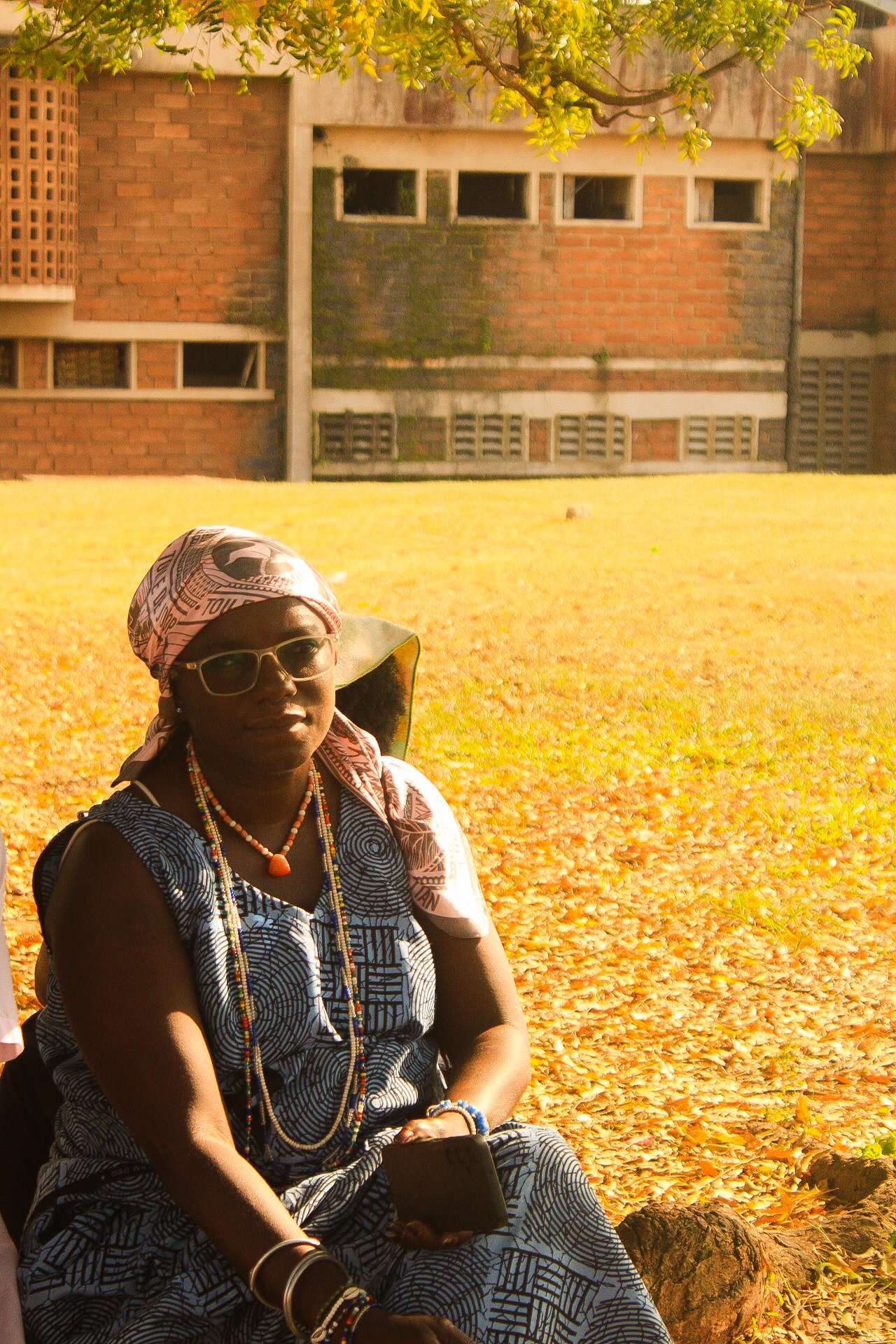
“I view queer art as a reflection of the audience. Your art is not seen as a critique of the status quo, but as the voice of millions of people.
Ibadan is like a ball that spins. It is how you spin the ball that you get what you want. But you have to be able to dig deeper to find your place; it is easier and more comforting to claim a space here than in Lagos. Queer spaces in Lagos are controlled by power and money, or the appearance thereof. You have to know certain people to know certain people, and it’s more expensive to build safe spaces in Lagos than it is in Ibadan.
Because of my work and person, I’ve been on the Nigerian blacklist too many times and have been triangulated often by the Nigerian government. In art spaces, though, I feel the homophobia is more insidious. You apply for residencies, and they won’t look at your qualifications, but your identity as a person and how their alliance can implicate them as an organisation. Being a queer artist in Nigeria puts you at a disadvantage, and if you’re not getting grants despite your qualifications to do your work, you can’t work as often and as much as you’d want to. Yet there are the upsides, such as community building, as many young queer people are coming into terms with who they are, because of our existence as older queer artists. We have been taught as queer folks not to be violent but recognizing how violent you can be tells you how you can stand up to people. The oppressor can violate you, but once they know you can stand up for yourself, they will take measures and recognize you also have the right to violence…
When I came out, I encountered many queer artists in the Isese community — people who carve wood and stones and make egungun masquerades, people who beat drums and sing songs. I also encountered other queer artists like Morley, James Notin, and Kehinde Awofeso who are doing the work and thriving.
I hope queer artists make a lot of money from our art and establish ourselves as fully human. I hope our art is accessible and speaks to future generations that we have always been here.”
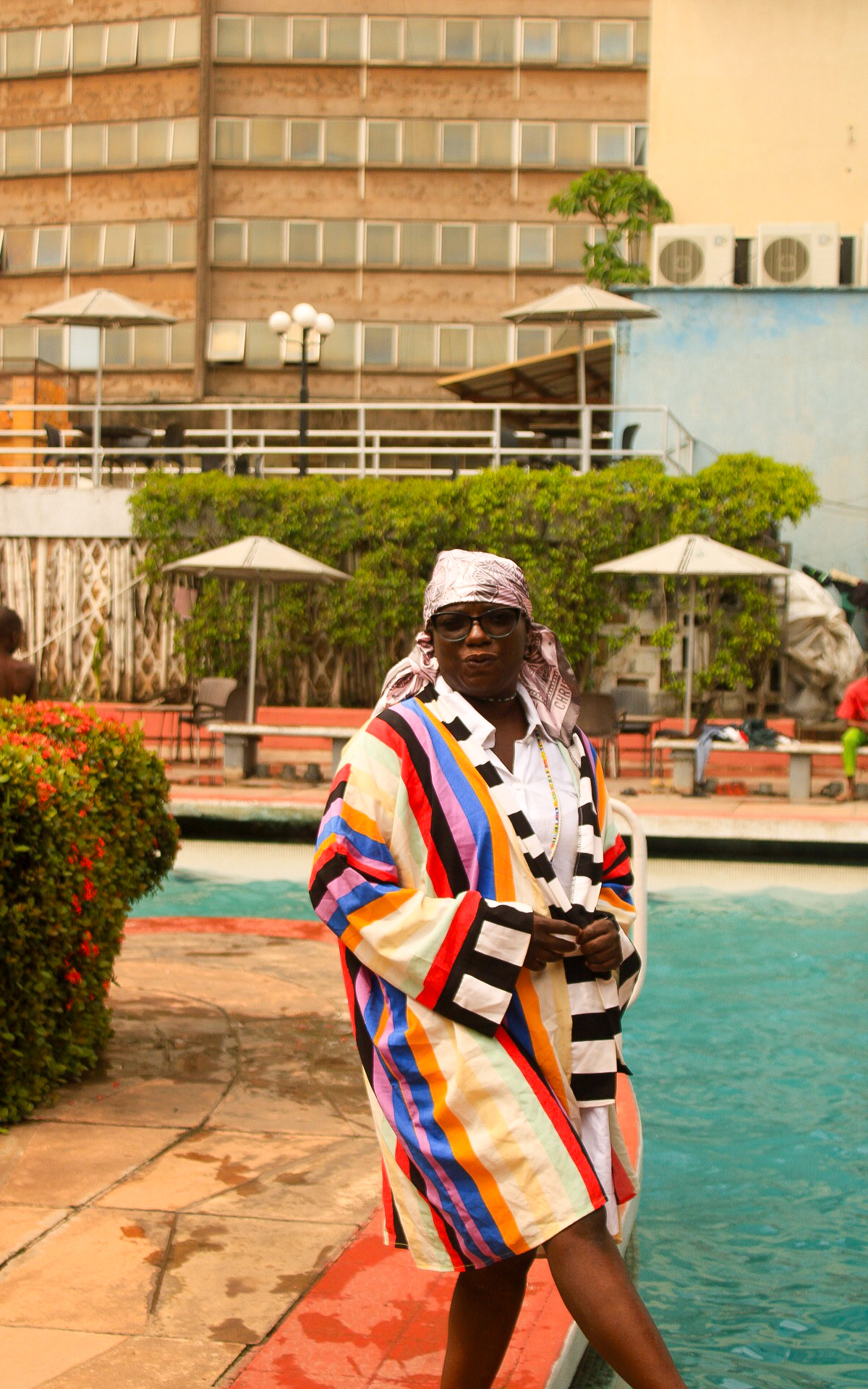
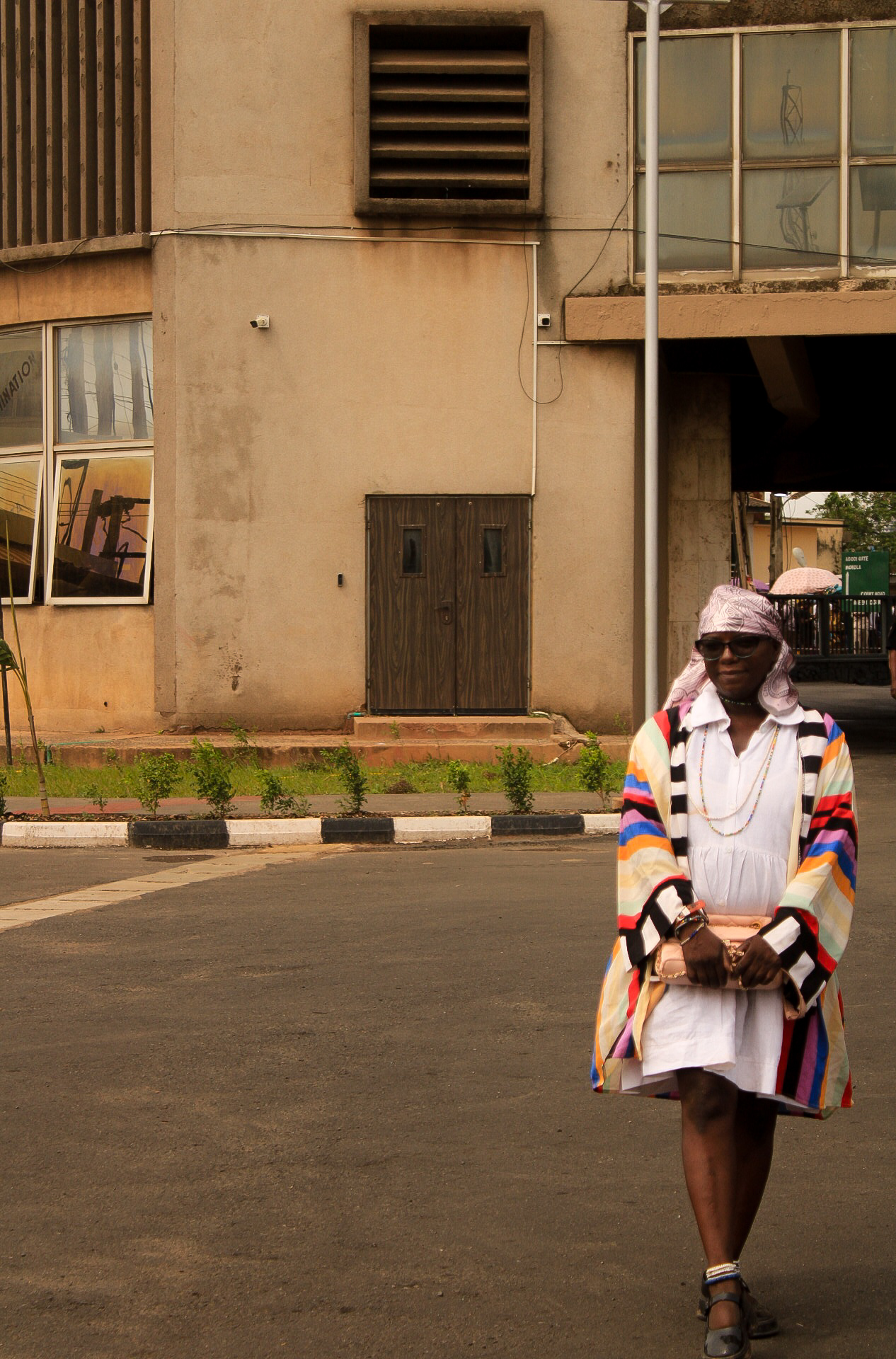
JAMES
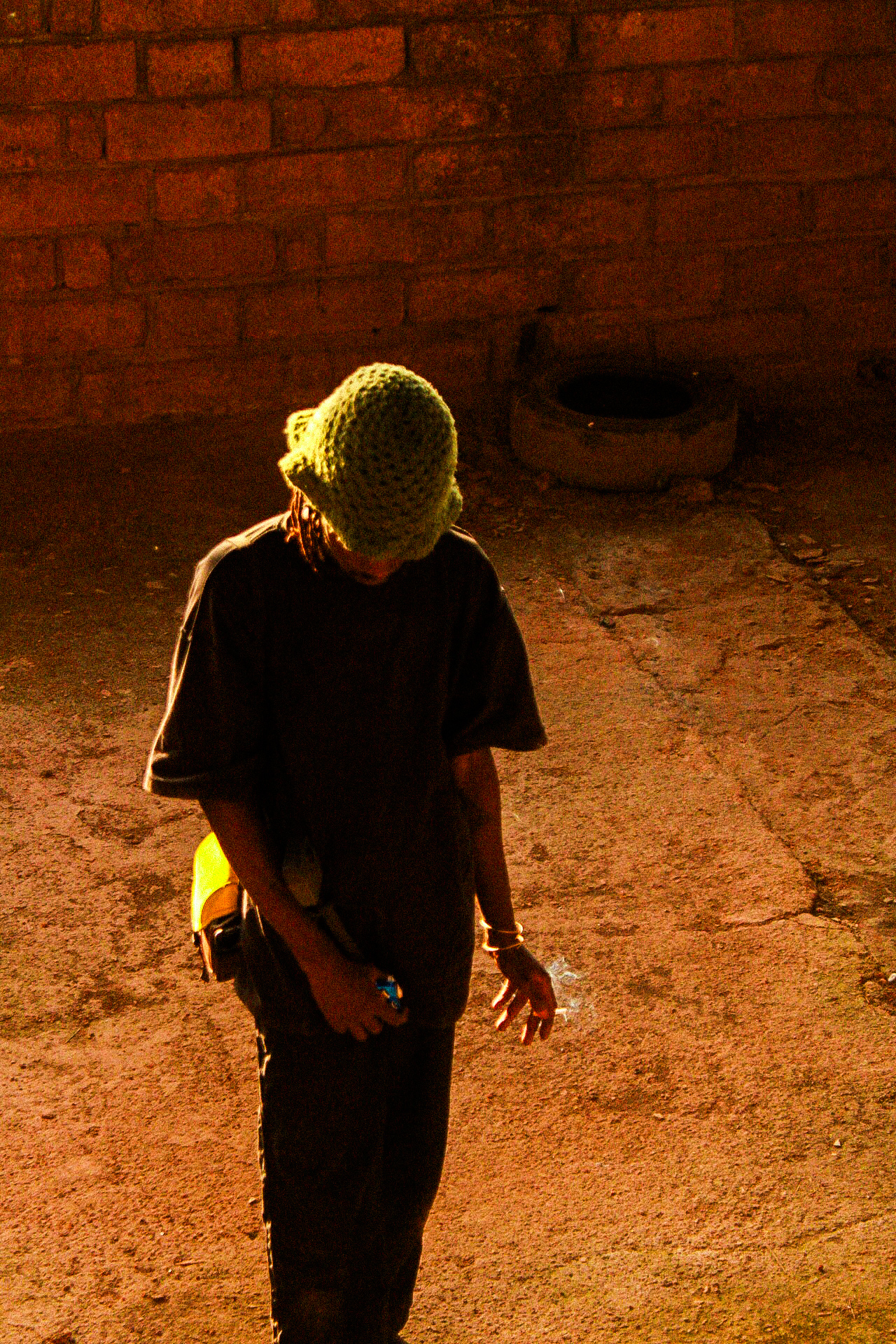
“For me, being a queer artist now in Nigeria means taking space and creating however you want to create. It also means not to be distracted by the Western expectation of what a queer artist should be, but to learn from our indigenous cultures that are queer in their formations and express our sense of self.
I grew up here in Ibadan, and one thing I have noticed is that while people can be very curious about how you express yourself as a person, they rarely take this up against you, compared to what I have experienced in other cities like Lagos. Which is to say, there’s a lot more communal space here in Ibadan than in Lagos. For instance, in the area where I live, every morning, people come out to engage with themselves, queer or non-queer alike, and this is important for me as a performance artist because I work in the public space and I can engage with everyday people with practices like this.
For a performance artist, Ibadan offers me a lot of materials to work and engage with. I can easily access Yoruba priests who inform my research in the cosmological practices of the Yoruba religion and, in turn, inform my own work.
We need more structures as queer artists, and not just queer spaces that support us. It’s not only that I am being invited or given grants to work on my projects, but you have to follow through and let the queer artist work at their own pace. Some of the queer art spaces I have been into have this rigid way of thinking, saying this is how things work, so we need more intelligent queer curators and cultural workers who we don’t need to over-explain our work to.
I hope there is more freedom and flexibility in our art as queer artists in Nigeria. I hope we find more balance within ourselves and have resources to create the works that we want to do and not the ones that we have to do.”
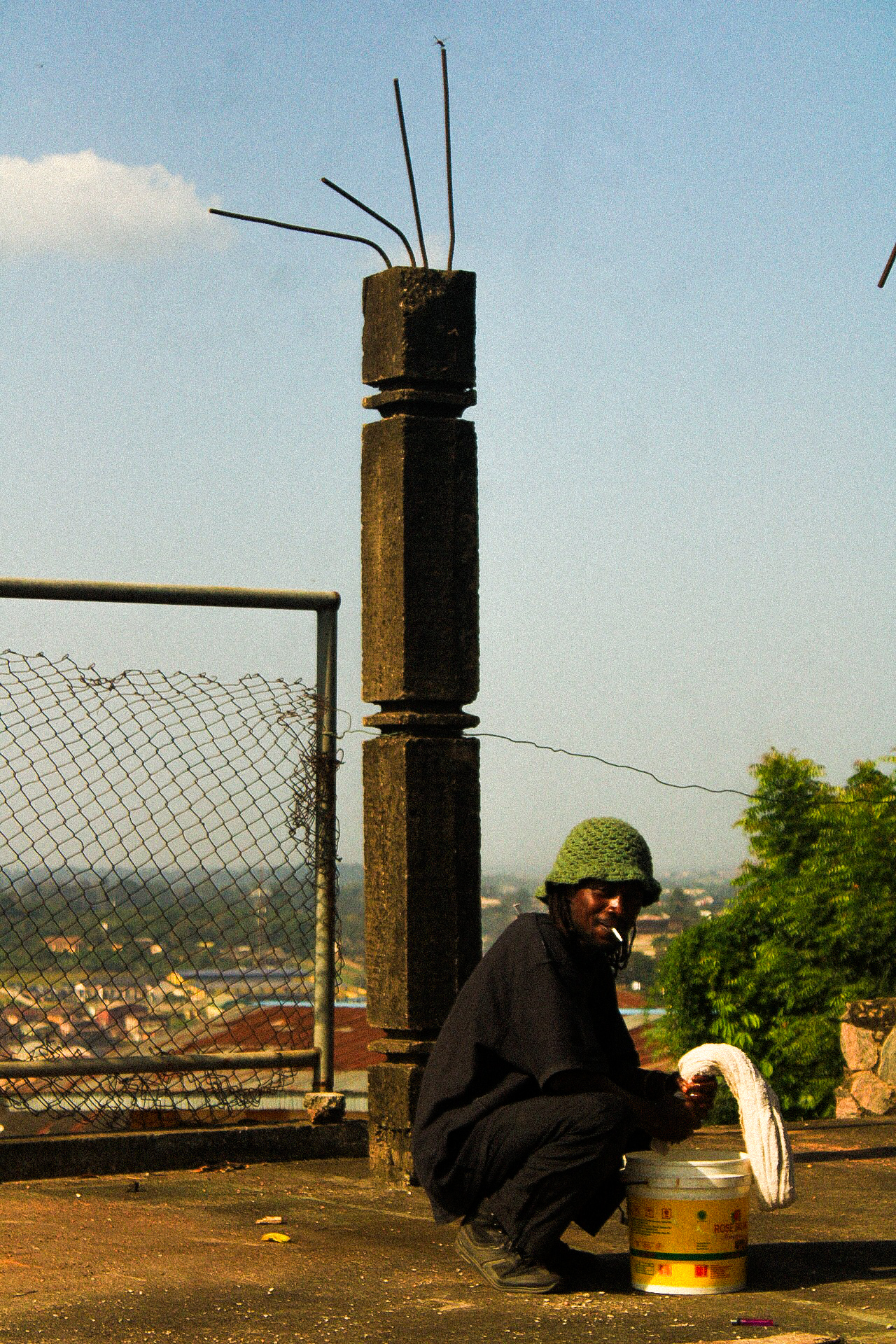
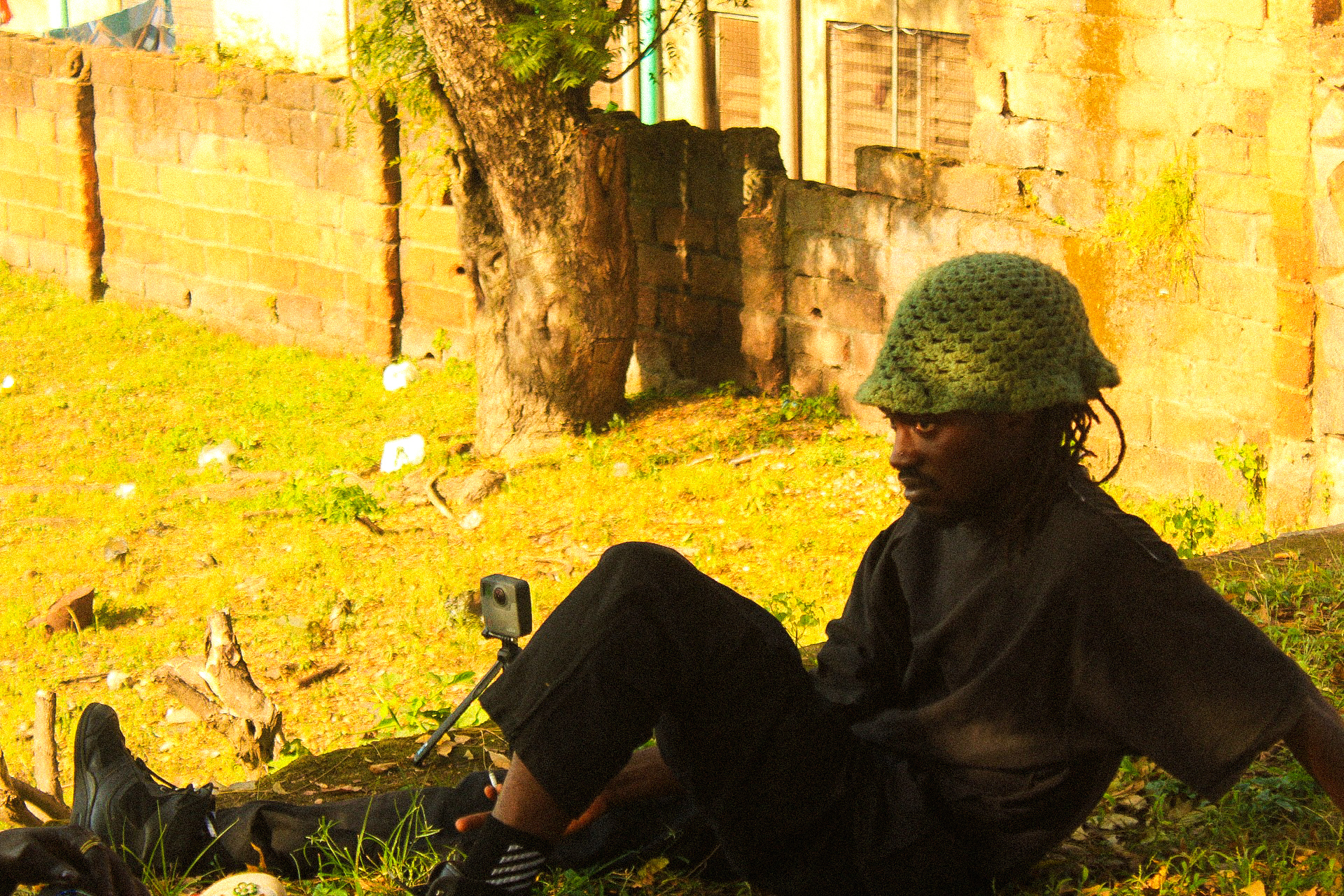
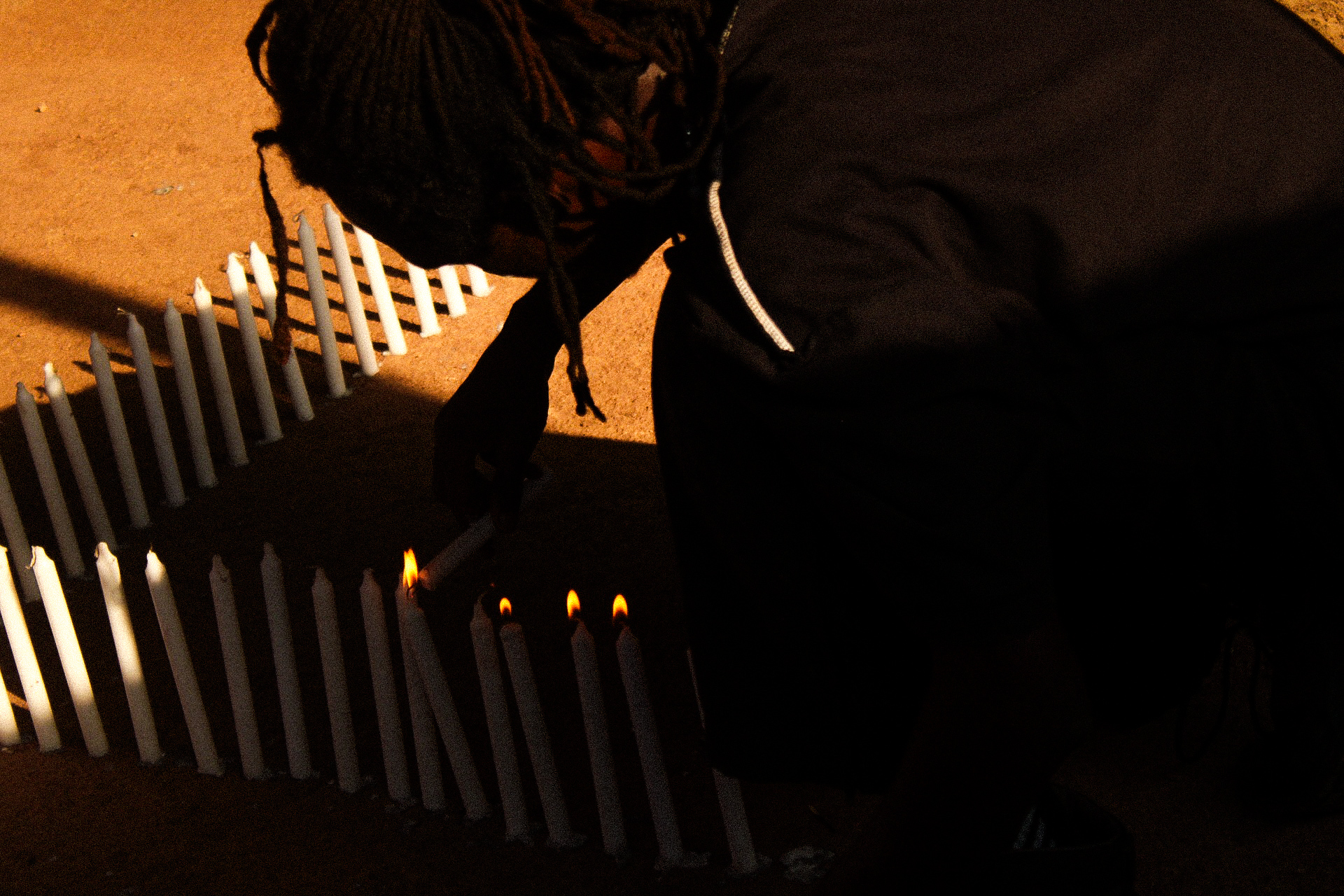
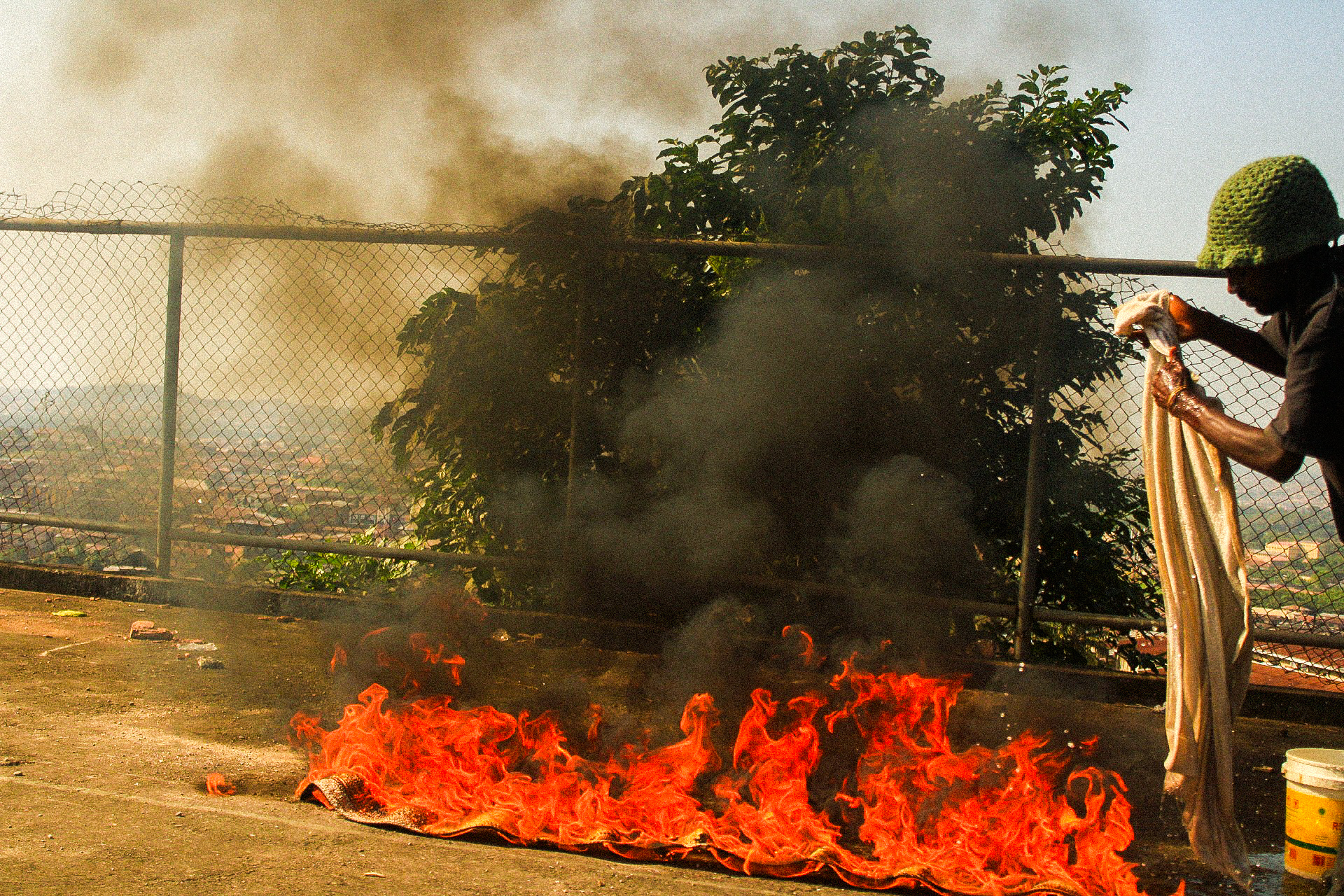
ASAN
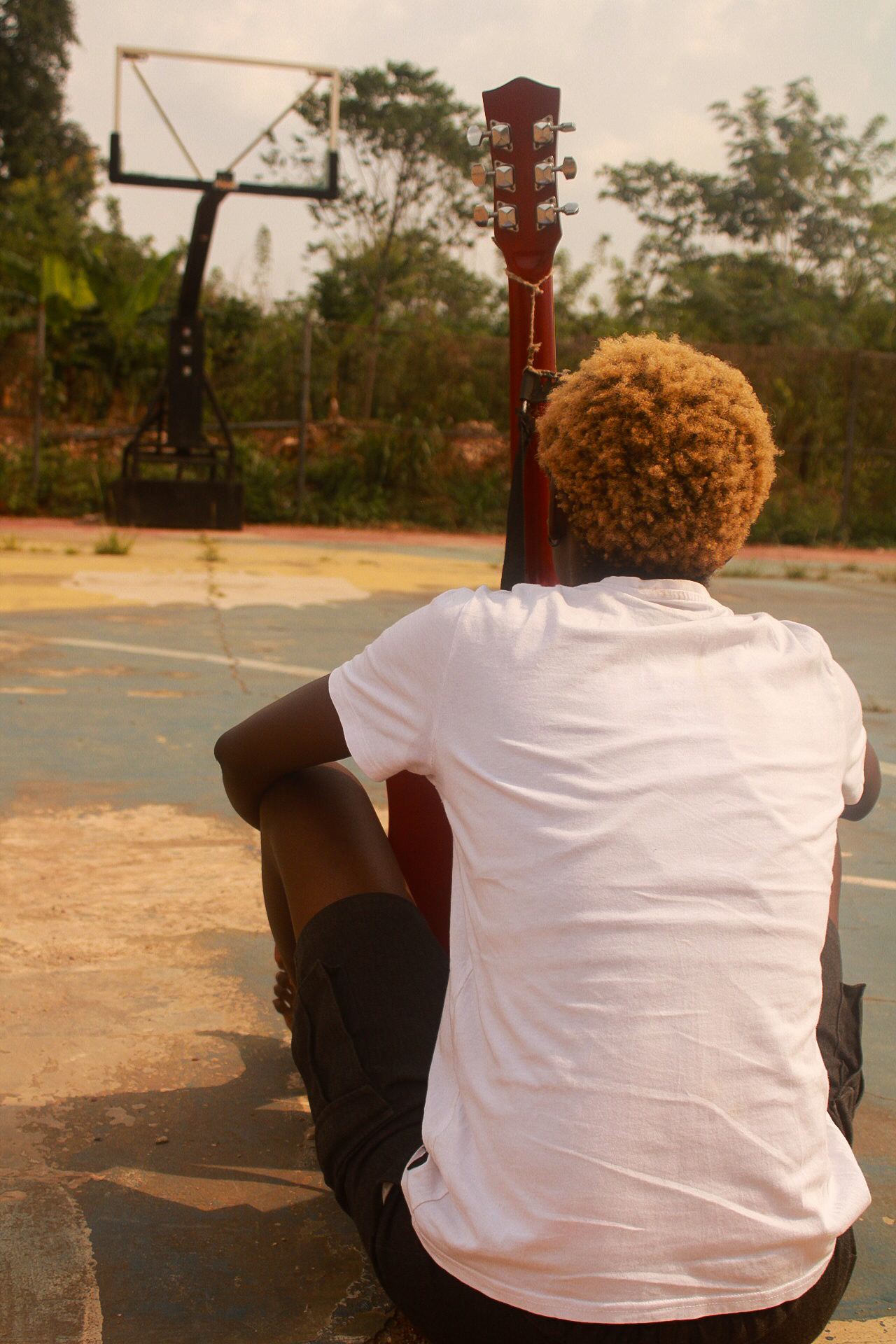
“I’m a crew member at a club in the University of Ibadan, and every June we celebrate Pride month by screening queer movies four times in a month. People who come to the club are mostly open-minded, but there are sometimes subtle forms of homophobia following conversations after we screen the movies.
I have been writing poetry for more than 12 years, and while my work as a poet centres on life in general, I do write queer poems. I remember sending some of my queer poems to an online magazine for publication, and they were not accepted, mainly because they had queer themes.
While I am not very big on community, and I don’t have a conscious effort to look anywhere for the queer community, the support I get from my queer friends is very important because when I write some queer poems and I want to get feedback, I reach out to them.
I hope Nigeria accepts queer people and repeals the SSMPA, because if that is done, there won’t be any limitation for queer art spaces, and we can really go far when our existence is not being criminalised.”
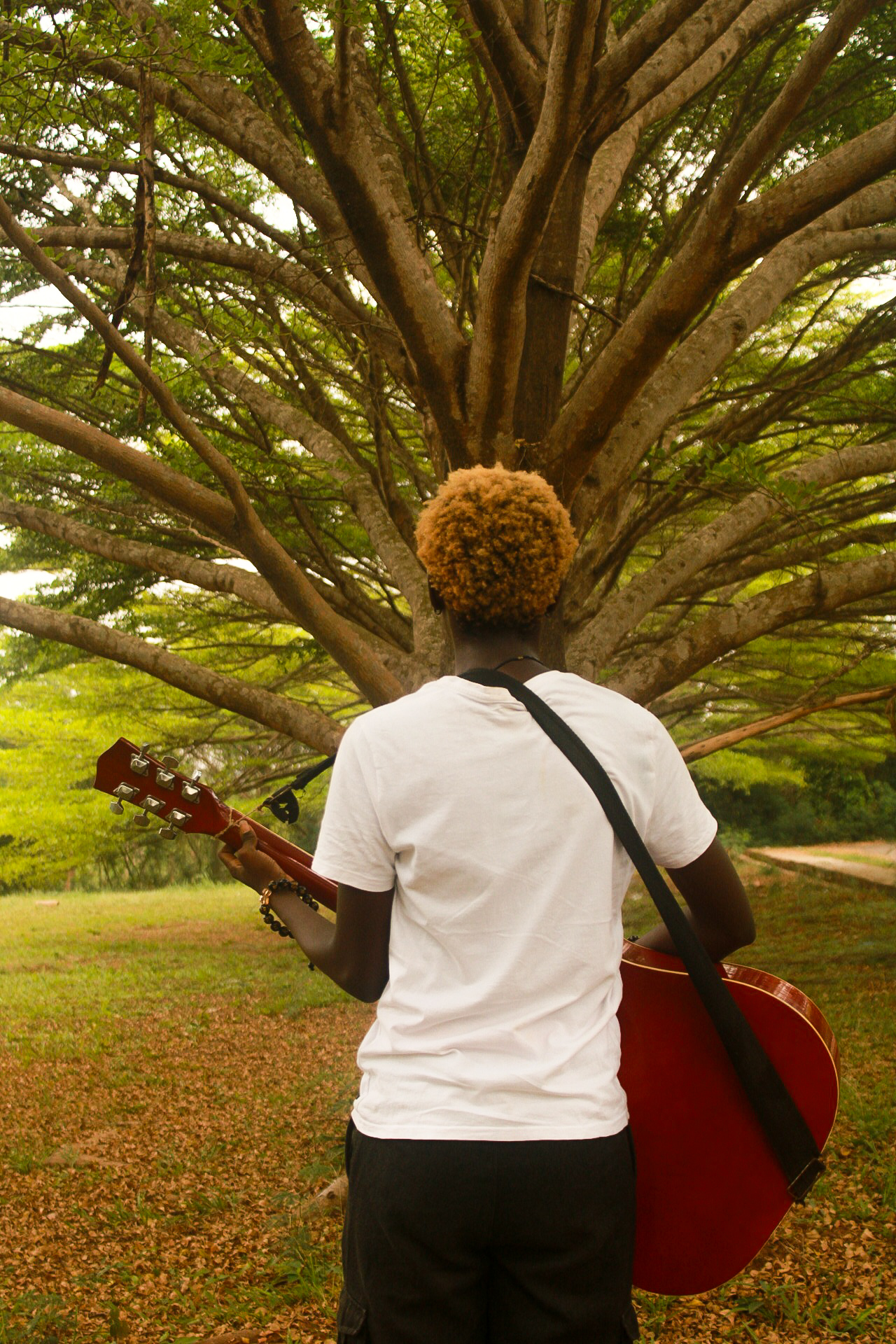
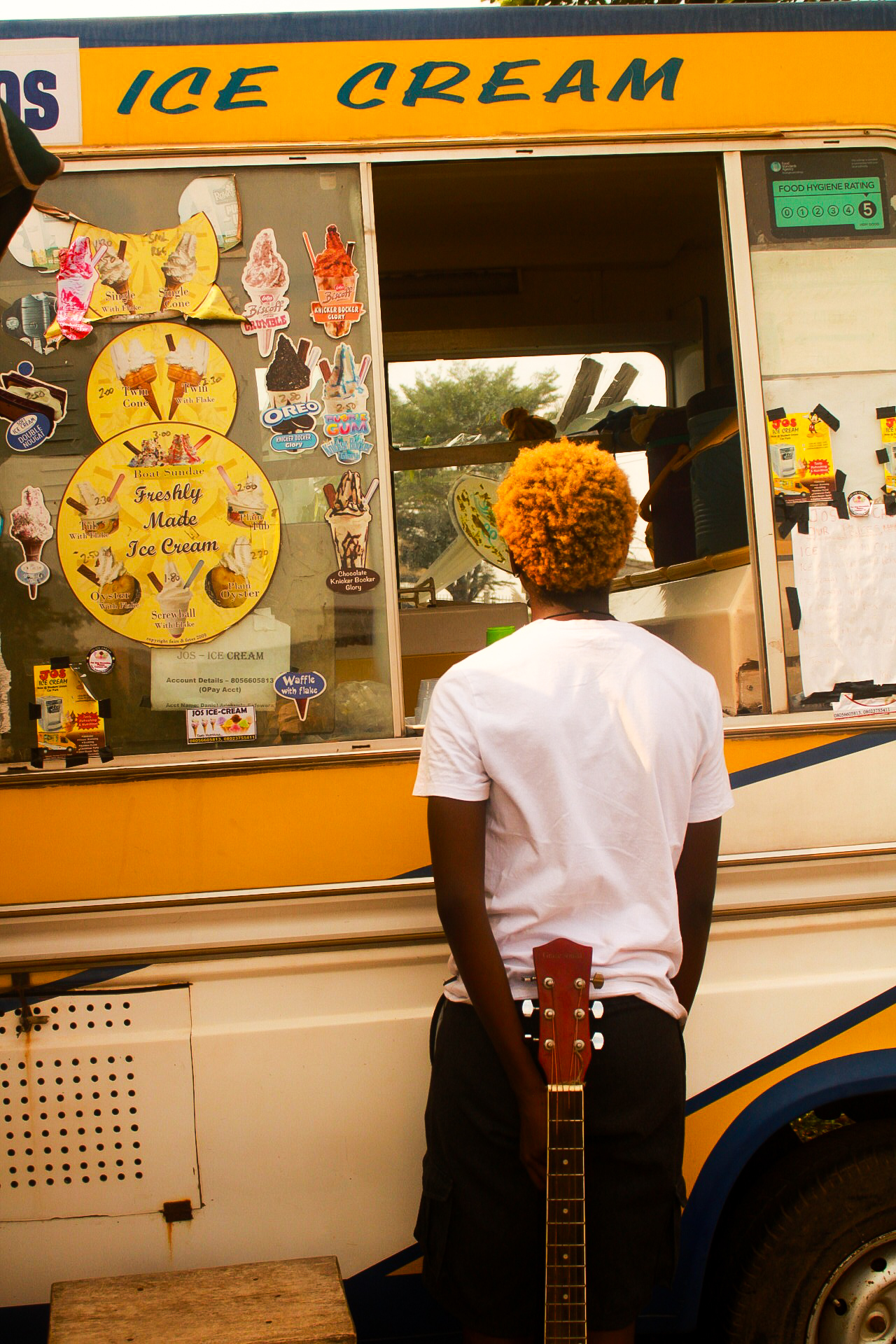
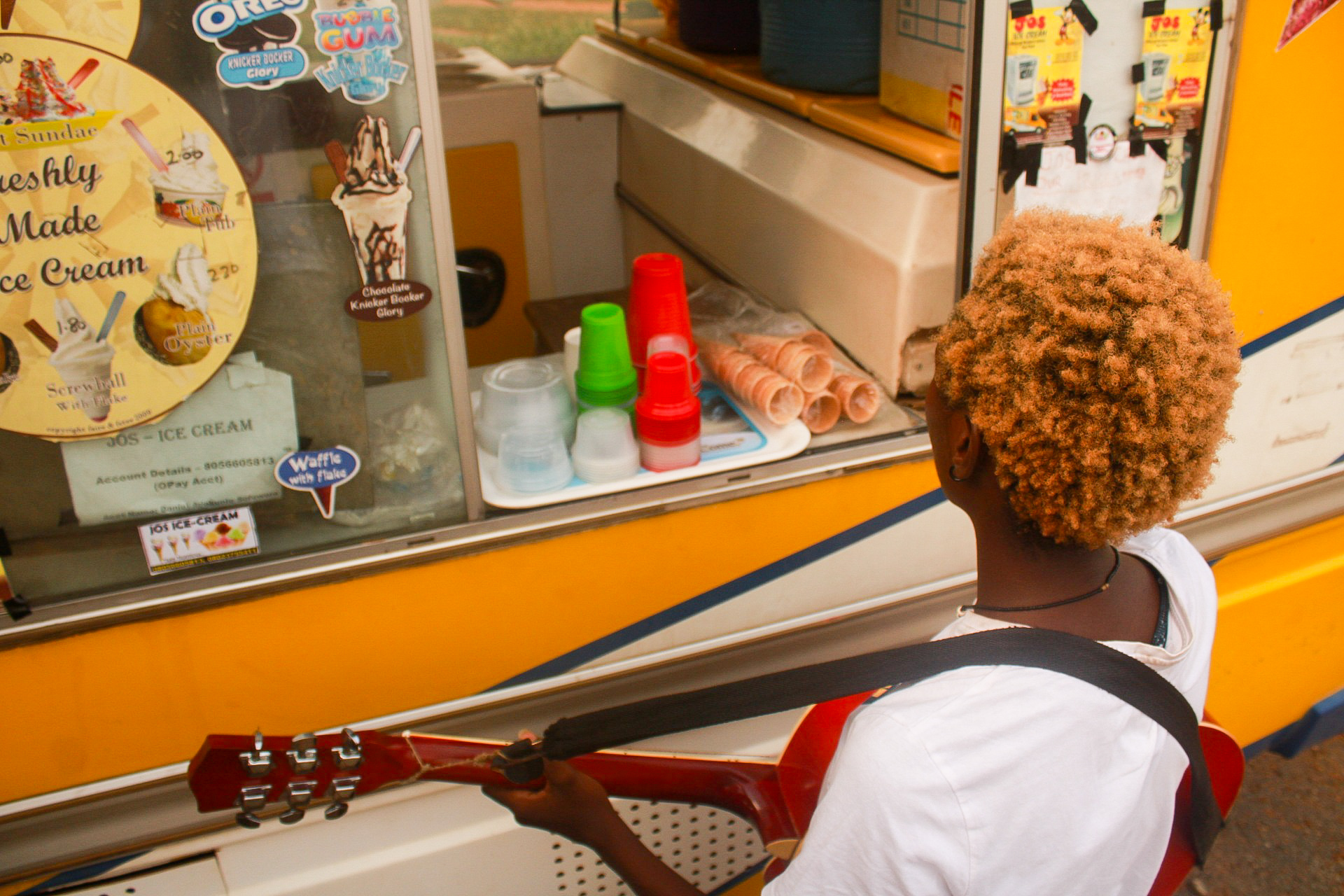
Edited/Reviewed by Sarah Nene Etim, Caleb Okereke, PK Cross and Awom Kenneth.






